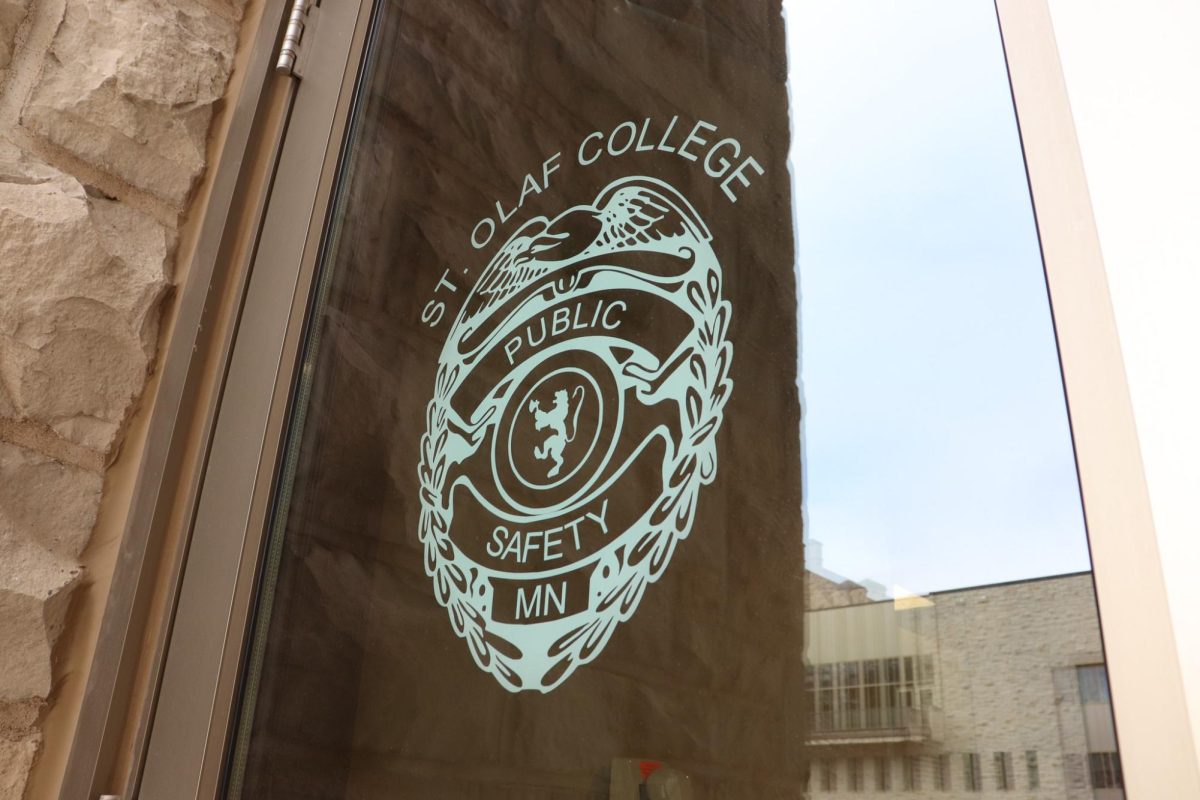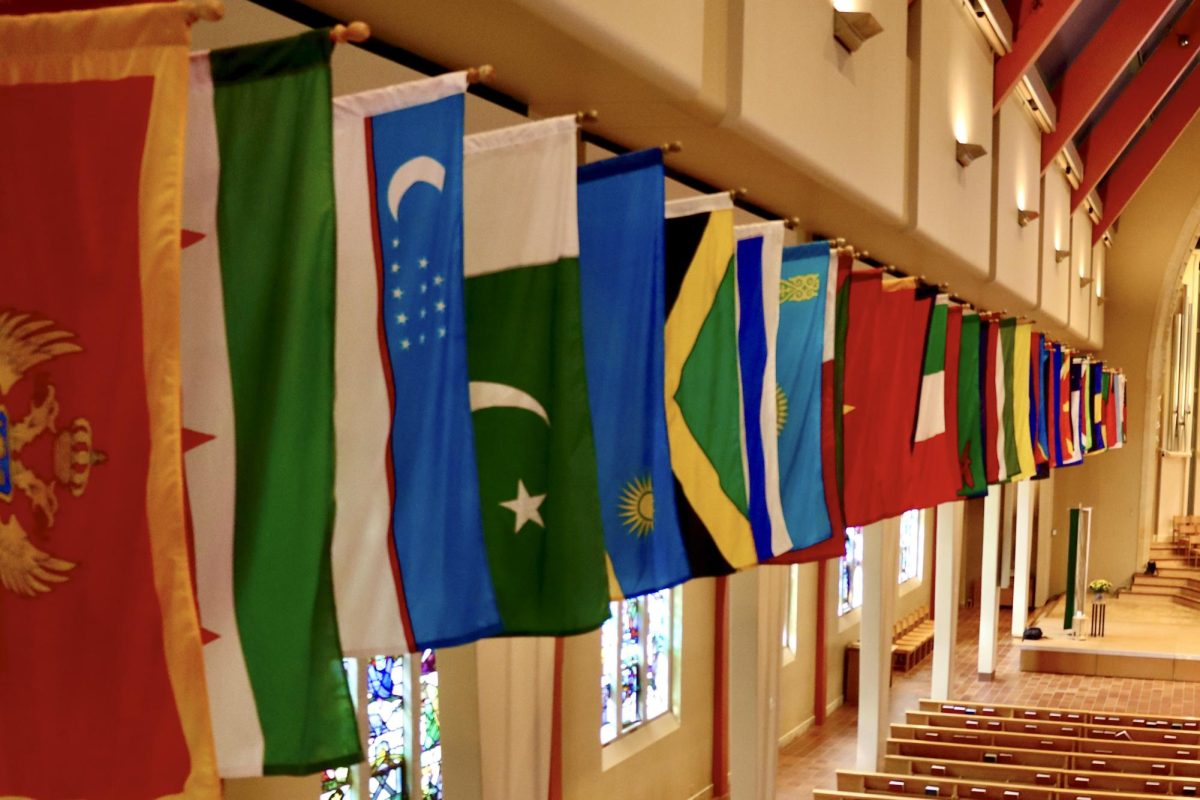“Does our citizenship not hold enough value? Or does our education not speak volume?”
These are the questions written on the bottom of Tia Schaffer ’20’s cardboard sign, which she wears around campus to raise awareness of Terrence Crutcher’s death in Tulsa, Okla. on Sept. 16, and its implications for black Americans.
In the days following Crutcher’s death, news media fixated on the deaths of both Crutcher and Keith Lamont Scott, a black man who was shot four times by police outside of his parked SUV in Charlotte, S.C. after they repeatedly demanded that he “drop the gun.” It is unclear whether or not Scott was holding a gun at the time of his death.
Crutcher was shot and killed by policewoman Betty Shelby after the Tulsa police station received calls that Crutcher’s car was stalled in the middle of the road and blocking traffic. He was unarmed and police helicopter footage showed that his hands were in the air before Shelby fired her gun. Crutcher had been on his way home from Tulsa Community College, where he studied music.
“People have this stereotypical idea of black people, like ‘Oh, they’re hoodlums,’ and ‘He was doing something suspicious,’ or ‘He probably just came from doing this or doing that,’ but this particular individual was going home from class,” Schaffer said. “He was enrolled in Tulsa Community College, so this is actually a student that we’re talking about – regardless of his age – he’s a student.”
Crutcher’s identity as a black student resonated with Schaffer. She was inspired to speak out about the injustice and to call on St. Olaf students to take a photo with her as a symbol of alliance.
“‘Take a picture with me as a symbol of alliance.’ I think I wrote that too small because [students are] like ‘Oh is it okay if I take a picture with you?’ I’m like ‘Yes, okay, that’s the purpose! I want you to take a picture and I want you to post it again on social media,’” Schaffer said. “This is a predominately white institution, so I expect most of the students I come in contact with to be white, and I think that union and that partnership is very crucial to making progress because we can’t do it by ourselves.”
Though Schaffer is the only student participating in this particular demonstration, she hopes that social media will further her cause and she encourages students to post photos with her to spur discussion.
Schaffer has been a vocal activist for much of her life. She takes pride in her race and does what she can to speak out against racial injustice.
“I consider myself very pro-black. Not anti-white, not anti-anything else, I’m just for the progression of my people,” Schaffer said. “I’m also unapologetically black, and that’s how I was able to just walk around and be extremely annoying with this big board from class to class.”
In high school, Schaffer launched an online business and movement called Reincarnating Black Life. She sells T-shirts on her website with the goal of empowering black Americans and inviting the community to talk about the T-shirts and what it means to be black.
“On the T-shirts are different slogans that promote black life, that promote the progression of the black race,” Schaffer said. “I just have people buying them, sporting them. Every day you walk up to your place of work, you walk into restaurants, you walk into the store and people are like ‘Hey, what does that mean?’ That opens the gate for conversations.”
Schaffer hopes to expand this initiative once she graduates college.
“I kinda want it to be [a] movement – an actual movement where our everyday lives are literally [dedicated] to do nothing but advance ourselves and just advance in this country, period.”
Schaffer has received positive yet hesitant responses from the St. Olaf community, but said that more and more students and faculty are approaching her to show solidarity or to engage in conversation about Crutcher’s death. She plans to continue wearing her sign, or some version of it, indefinitely.





